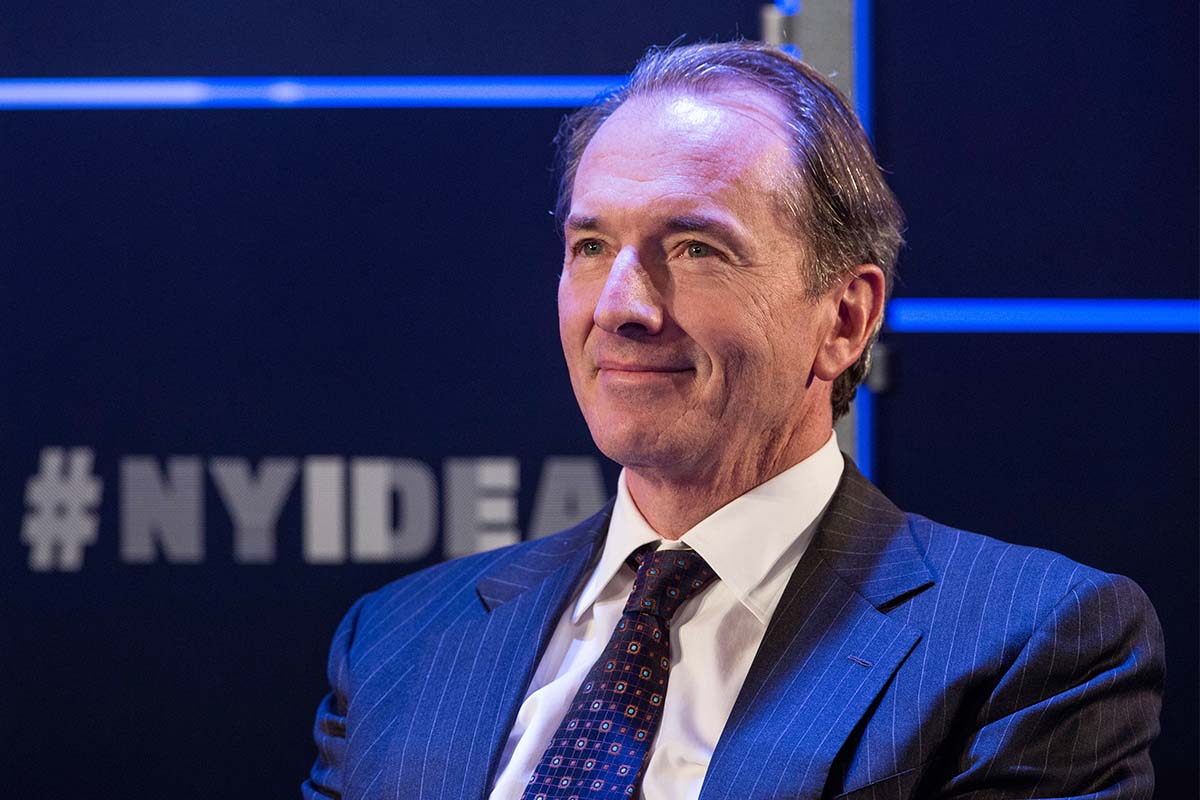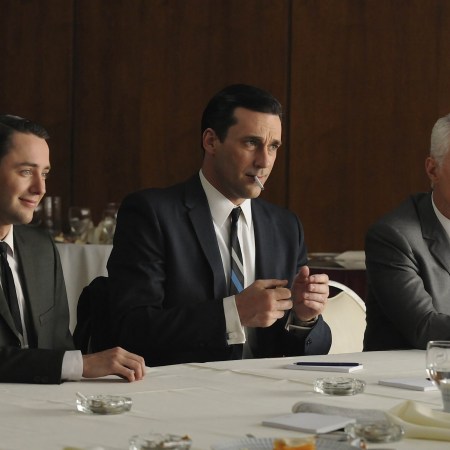“If you’re 21 to 35, you are nuts not to be in the office all the time.”
That’s Chris O’Dea, a managing director at Morgan Stanley, unplugged during a recent conference call within the company. It’s the latest sound bite to indicate that the high-powered investment bank is extremely wary of a hybrid work schedule for its employees — and especially for its youngest employees.
Morgan Stanley hasn’t mandated a return to the five-day, in-person workweek like Goldman Sachs or JPMorgan Chase. But over the summer, it urged its 70,000 employees to come back in some capacity after Labor Day, and throughout much of this year, quotes from CEO James Gorman have made it clear that an employee probably shouldn’t push his or her luck on working from home.
“Make no mistake about it,” Gorman said earlier this year. “We do our work inside Morgan Stanley offices, and that’s where we teach, that’s where our interns learn, that’s how we develop people … If you can go into a restaurant in New York City, you can come into the office.”
Gorman also threatened a potential pay cut for employees who don’t make an effort to come in five days a week. His rationale? “If you want to get paid New York rates, you work in New York. None of this ‘I’m in Colorado and work in New York and am getting paid like I’m sitting in New York City.’”
If Morgan Stanley feels so strongly about in-office work, why not just declare it mandatory? Well, optics. In an post-pandemic era that some on LinkedIn have gleefully christened the “Great Resignation,” accomplished employees are rethinking careers, spending more time with family, saving money and even considering entrepreneurship. If a firm says outright that WFH isn’t an option, they could lose out on top talent.
Of course, with that level of public disdain for the new order of things, Morgan Stanley isn’t doing a terrific job fooling anyone. You’d think that the bank is just looking to protect the massive amount of money it’s pumped into 1585 Broadway — its world headquarters, which it acquired in 1993 for $176 million — but it actually sold the building last year to investment firm RFR for $350 million.
This is actually where keeping WFH around could serve Morgan Stanley’s interests going forward. The company plans to move out of 1585 Broadway by 2024. Keep in mind, in 2020, Gorman told Bloomberg TV “the firm will need much less real estate going forward.” It’s likely that the bank will maximize space for those they absolutely want in the office — the young analysts — while older, established managers float in and out as they see fit.
Is this a fair approach? Should Morgan Stanley’s 35-and-unders be expected to be “in the office all the time”? What sort of message does this send to kids fresh out of college, when creative agencies, tech firms and even other banks (UBS, Deutsche Bank and Citi have all embraced a more lenient approach) are willingly adapting to the working world’s new normal?
An anonymous associate who currently trains analysts in the banking world offered us some thoughts on Morgan Stanley’s hard-headed comments.
“There probably shouldn’t be a rigid mandate,” he says. “When you’re a brand new analyst, it’s important to be in the office to learn and to develop that camaraderie with your fellow first years — they’re going to be instrumental to the network that you build, as folks usually leave after a few years to all different industries. Coming in can also be important at mid-level. I’ll go to the office sometimes when I’m not particularly busy and grab a long coffee with my MD or go to lunch and talk things through.”
That said, he continues: “The ‘re-balance’ that a lot of people have benefited from is extremely important as well. It allows employees to develop other parts of their personality. It allows them to grow into well-rounded people. My first two years in New York, I literally wouldn’t see anyone or do anything outside of go to the office Monday through Friday. I’d also be expected to come in on some Saturday mornings and most Sundays. It was hellish. I think being able to do some of that work remotely, where you can sneak out for a run or have a more healthy relationship with family, friends and significant others, is more important.”
It seems unlikely that Morgan Stanley will change its tune on hybrid work, and if that’s the case, the firm should probably crystallize its position in actual policy, not just incendiary quotes leaked to The New York Post. WFH has opened Pandora’s box on the work-life balance debate (for the better, we believe) and prospective employees deserve to know exactly what sort of working life they can expect.
The Charge will help you move better, think clearer and stay in the game longer. Subscribe to our wellness newsletter today.



















